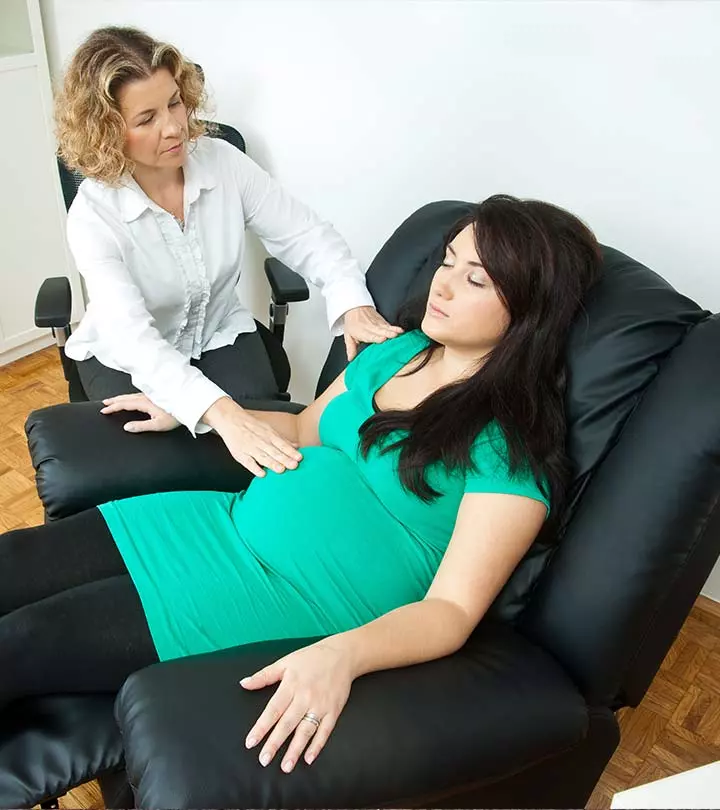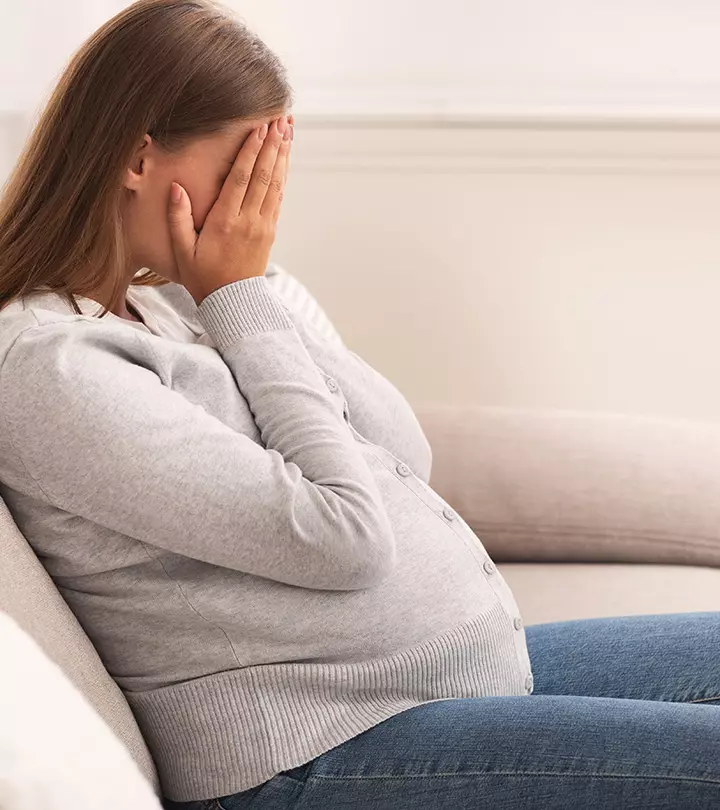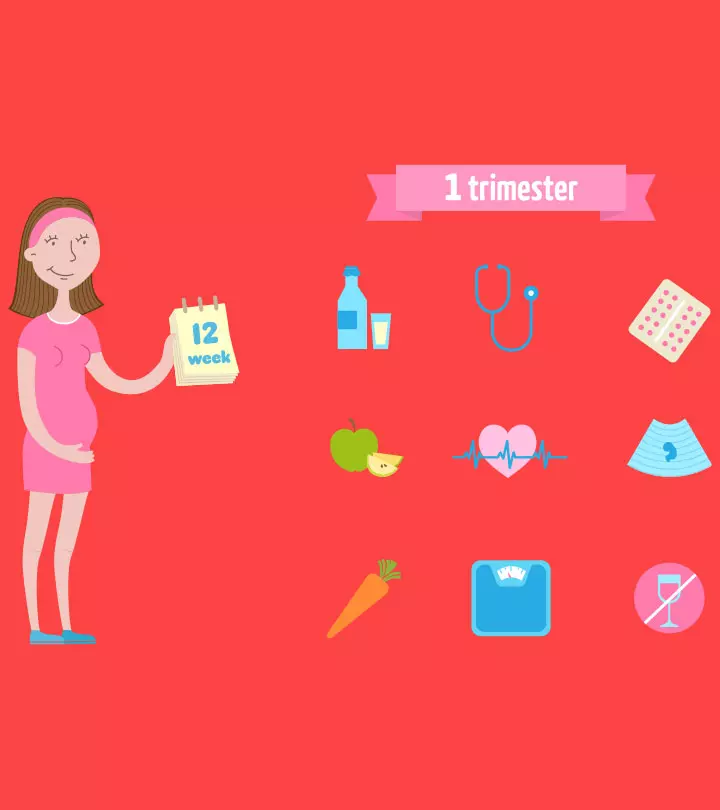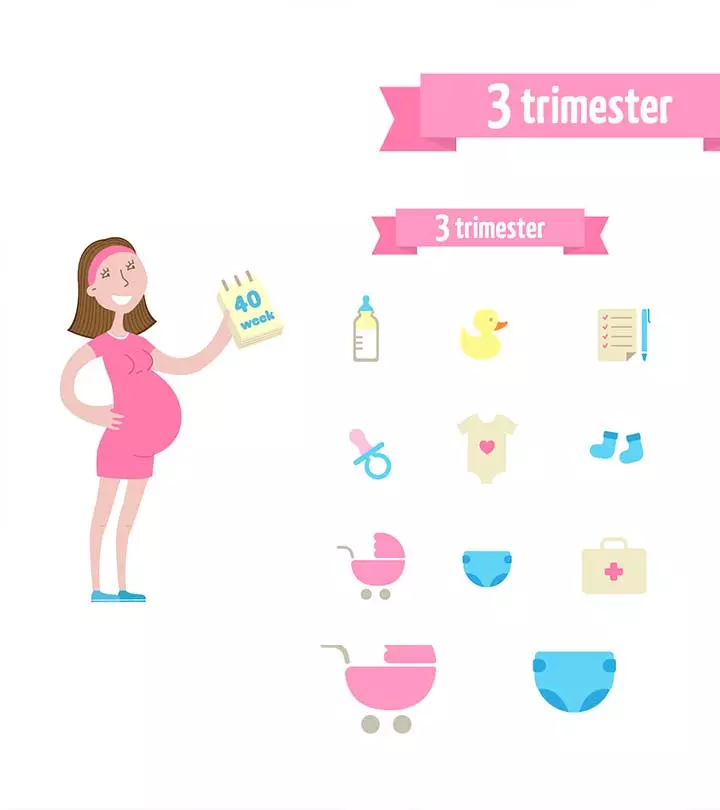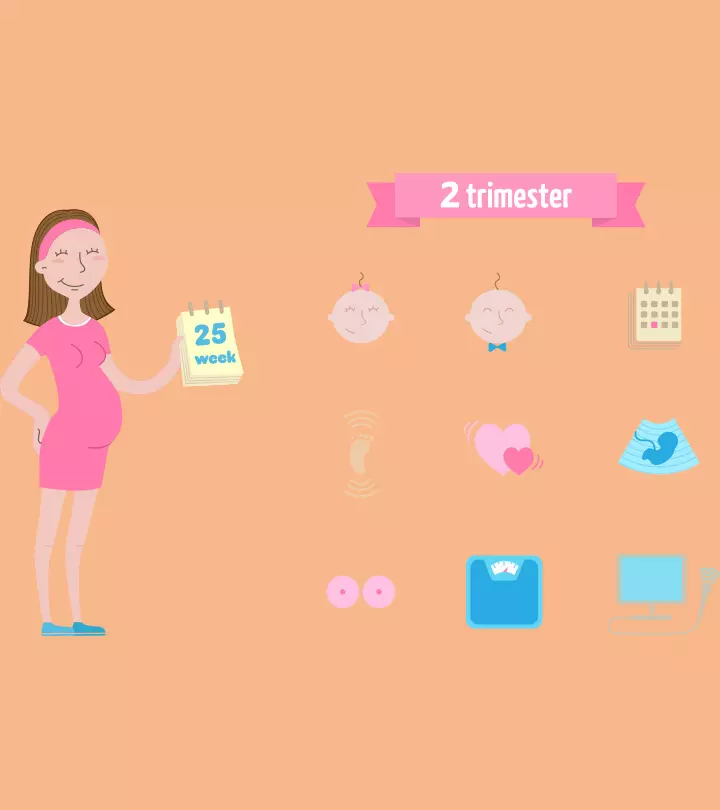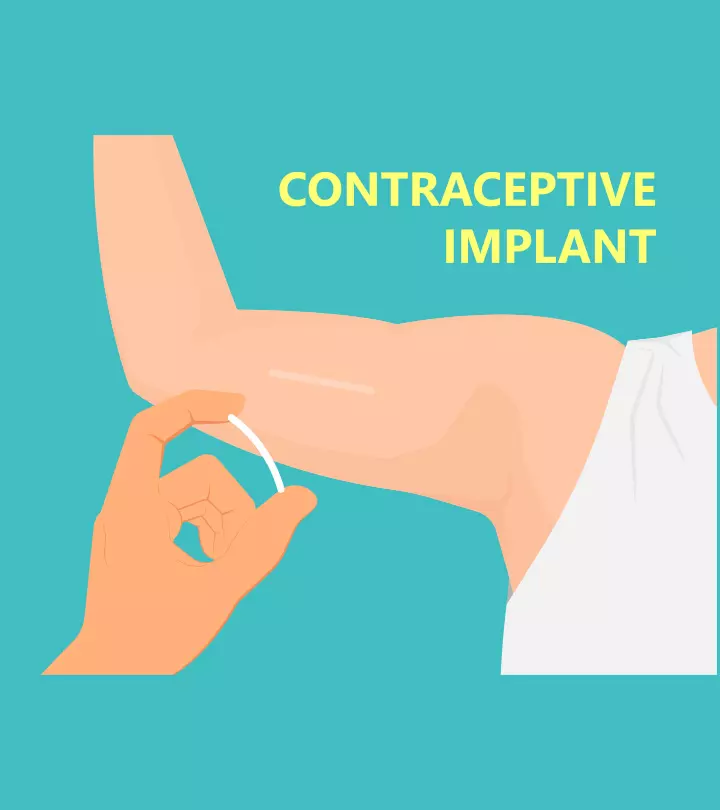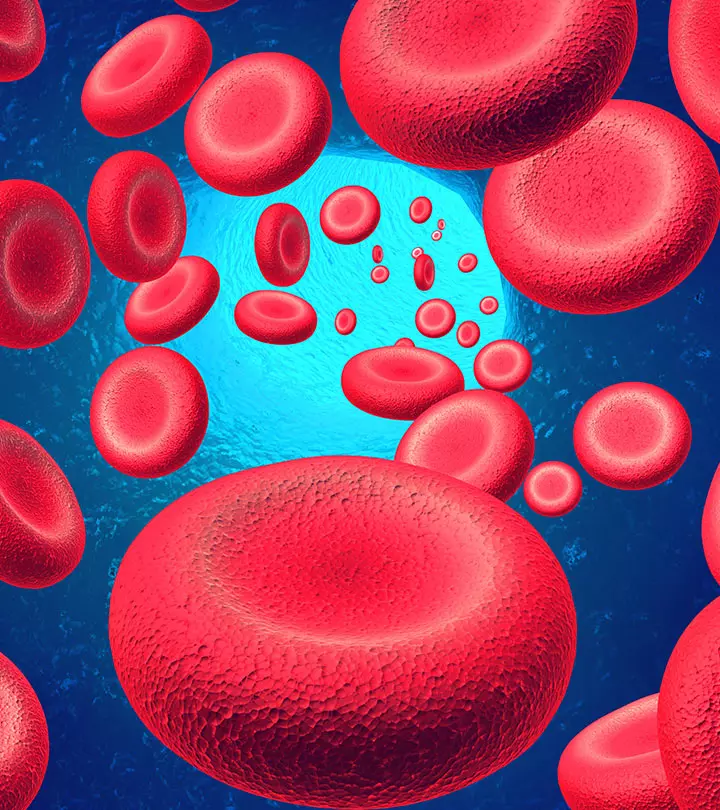MMed (O&G), MRCOG

Dr. Ng Kai Lyn is a Singapore-based obstetrician and gynecologist, specializing in urogynecology, minimally invasive surgery, and clinical interest in fertility. She has an experience of 12 years managing and treating benign gynecological conditions, including uterine fibroids, ovarian cysts, endometrial polyps, and endometriosis. She is also fellowship trained in urogynecology. She manages pelvic organ prolapse, pelvic floor reconstructive surgery, overactive bladder, urinary incontinence, obstetric anal sphincter injuries in her daily practice.
Dr. Lyn strives for the best standard of care through personalized, compassionate treatment, open communication, patient empowerment, and informed choice.
MomJunction believes in providing the most accurate content to its readers. Hence we get our articles reviewed by highly skilled experts in the relevant fields. The articles are reviewed to ensure their authenticity, factual correctness, and relevance. The board members also add inputs drawn from their years of experience. Learn more about our medical review board.
